“When we see children, they don’t exist in the background, – they exist within their community and alongside their caregivers,” said Abigail Mendez, senior manager at Latino Network at the Oregon Early Childhood Summit.
Held on Friday, March 22 at Portland State University, the event brought early childhood professionals from across the state and across sectors to collectively envision a better future for children’s social-emotional health. The event was produced by Children’s Institute and Trauma Informed Oregon.
Mendez elaborated on why a trauma-informed approach was necessary. “For many of us, we are trying to heal what we experienced growing up and heal these wounds across society. And children are not only seeing this process, but now having more experiences where they can grow up in a healthy place because of the work we are doing” she said.
Representatives from the medical field, rural communities, special education classes, Indigenous communities, family care practitioners, neurodivergence specialists and more gathered to have critical conversations about how the state can better serve our little ones.
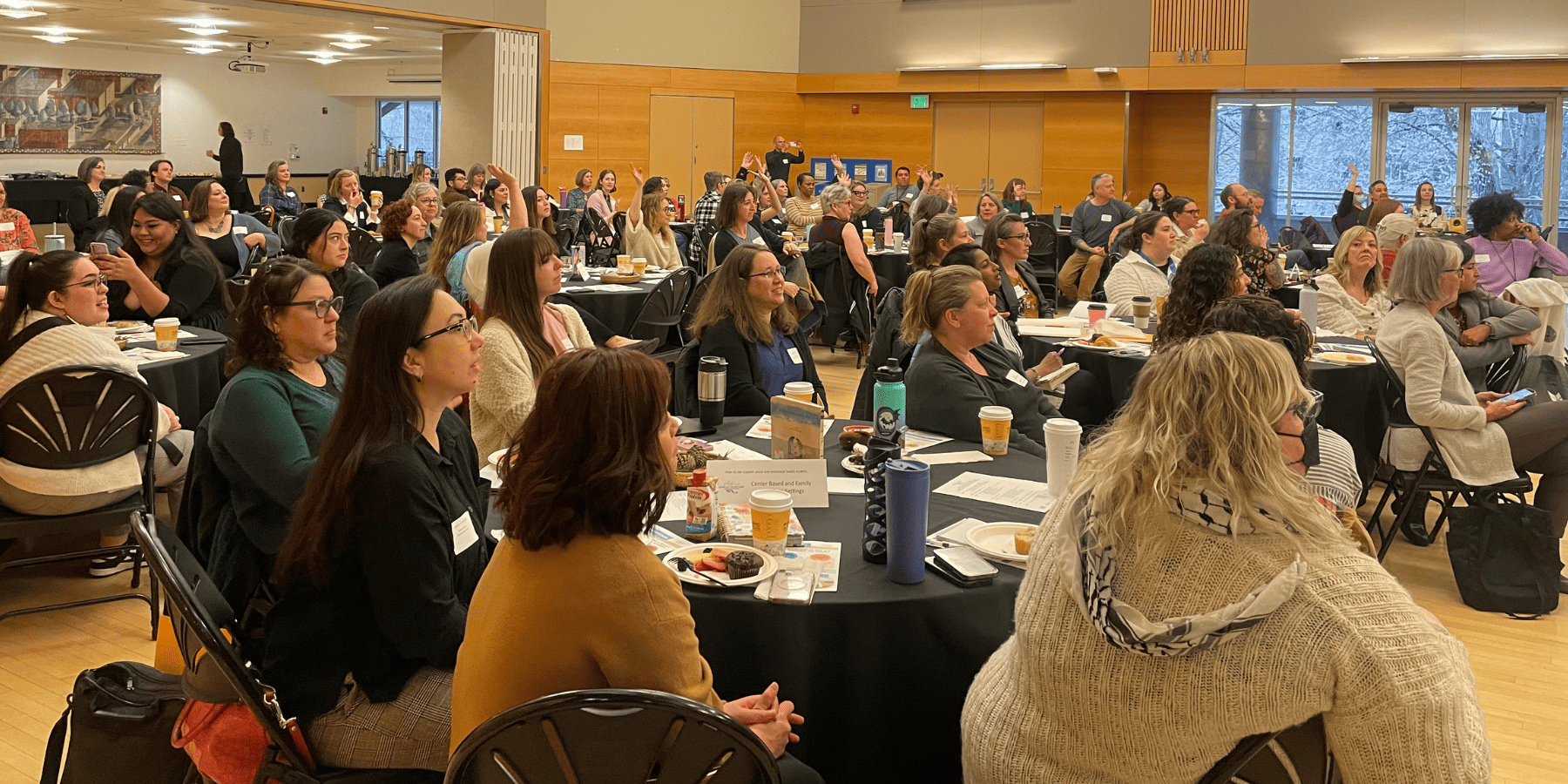
Kali Thorne Ladd, chief executive officer at Children’s Institute, opened the event with a call to action: to listen to one another and to center the strengths of children and families throughout the summit.
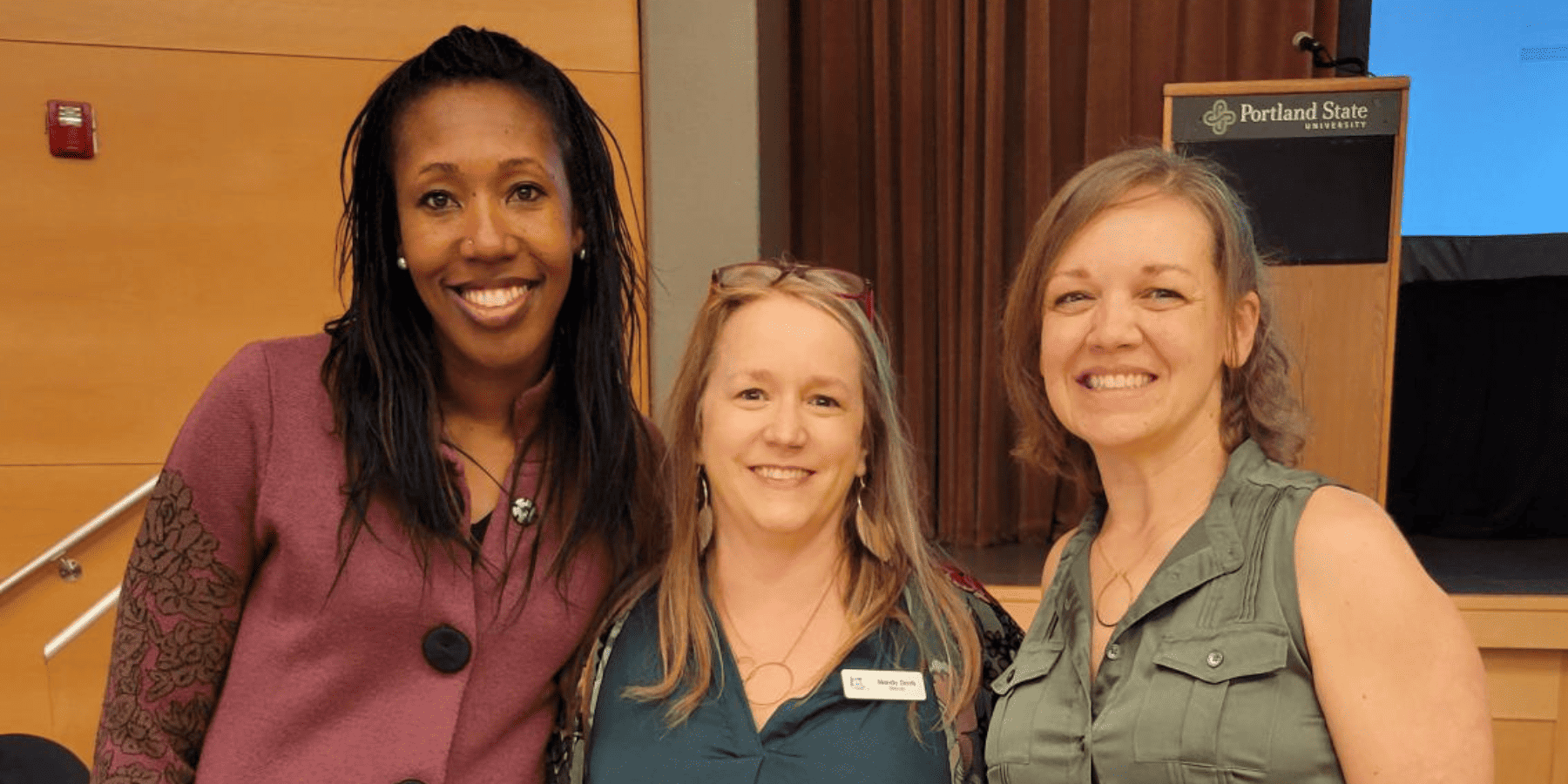
The day’s sessions elevated both community and systems perspectives, shedding light on the deeply relational as well as policy-backed solutions required to keep advancing the work of trauma-informed care.
The first panel focused on providers serving communities with trauma-informed care and the formidable barriers children and families face within these communities. Many families of color and those who have recently immigrated to the United States encounter a wide range of challenges, from the continual stress caused by displacement and language barriers to the lack of culturally responsive resources available. Despite the presence of obstacles, these families are finding innovative ways to provide for their children’s future, collaborating with teachers, neighbors and coworkers to build community assets such as child care programs and centers for traditional learning.
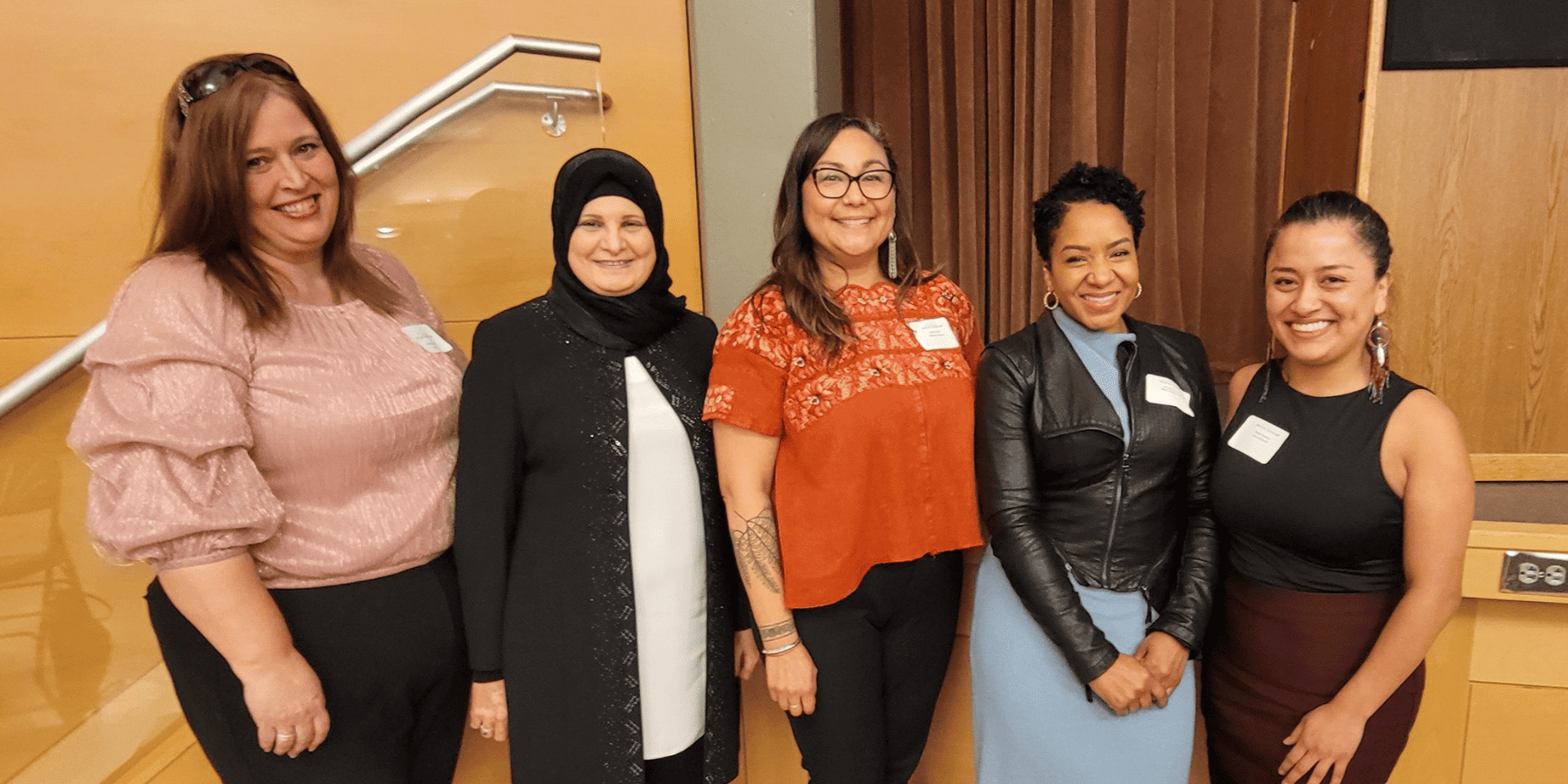
Panel 1 Speakers: Abigail Mendez of Latino Network, Bahia Overton of Black Parent Initiative, Ingrid Solares of Adelante Mujeres, Miko Erikson of Oregon Child Development Coalition, and Nagia Elzaidi of Salem Islamic Center
Part of this work demands the rewriting of narratives around insufficiency and lack of access to support. For children growing up labeled with stories of struggle, sometimes even well-meaning support efforts can perpetuate ideas that these kids are less capable due to trauma they’ve experienced and the strength it takes to survive challenging obstacles. But rather than focusing on survival, it’s time to tackle the systems creating situations where families and children are forced into survival mode.
In addition to behavioral and social emotional support for children, adults can greatly benefit from gaining social emotional tools and training.
As Miko Erikson of Oregon Child Development Coalition shared, “When adults struggle to regulate their own emotions, they are less able to help children communicate theirs.” Cross-generational healing and opportunity for learning is critical for reshaping these systems. Further solutions proposed included intentional inclusion of father figures in early childhood support systems and working to reduce the stigma around accessing mental health services.
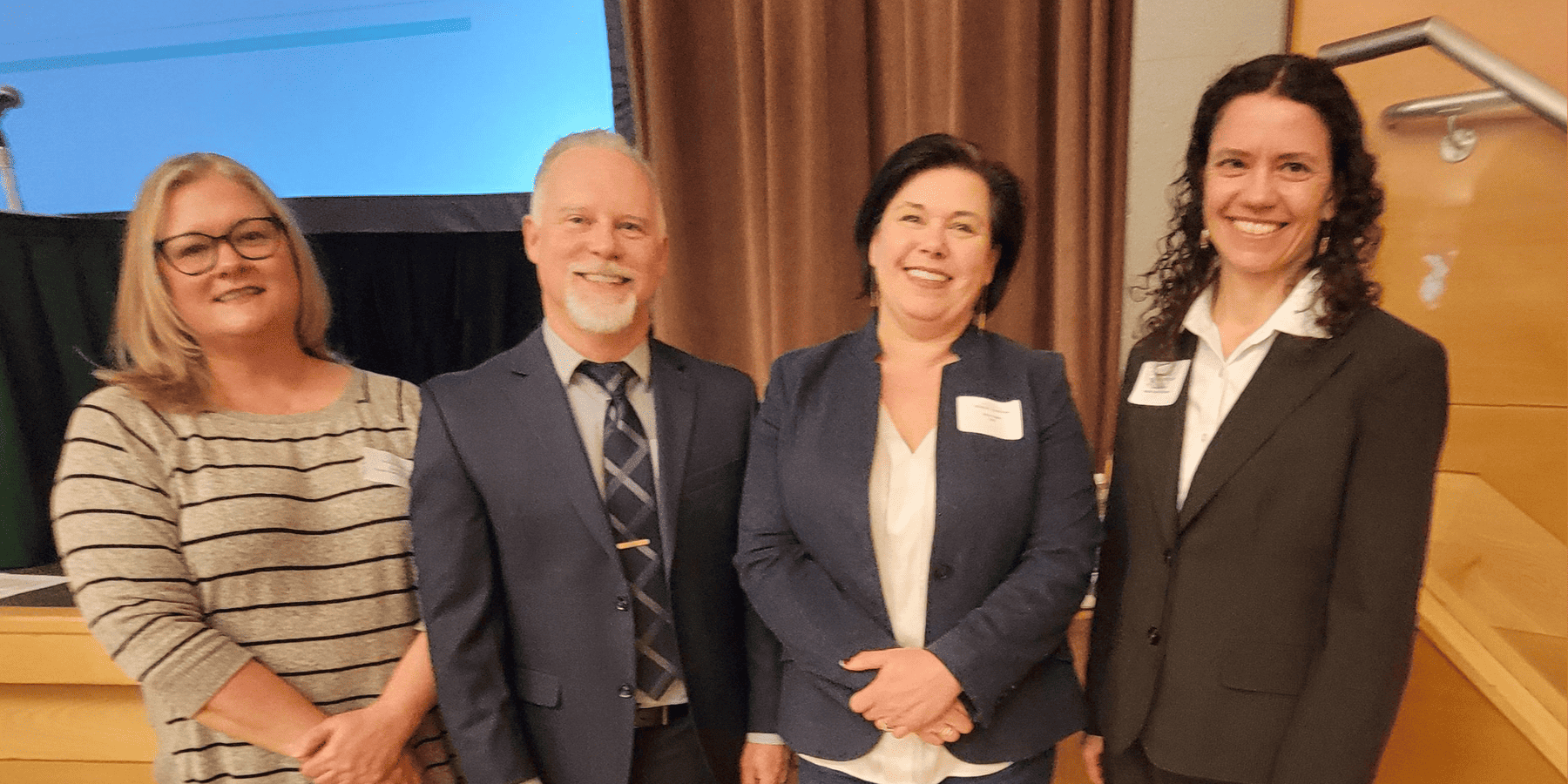
As the second panel unfolded, professionals from state agencies working to improve early childhood systems shared their ideas for greater trauma-informed care embedded throughout Oregon’s service system. Jon Reeves and Kara Williams discussed the critical need to continue work in banning suspension and expulsion for early childhood education, Williams adding that “We believe every child’s nursing and development needs to be fostered by inclusive environments. We’re working with community partners to identify the children who can use extra help and improve outcomes for these children by having more special needs resources and mental health services made available through community implementation rather than mechanisms such as suspension and expulsion.”
With a focus on the health system, Eagan and Livingston talked about efforts to comprehensively address childhood health issues and improve access to behavioral health services, particularly for linguistically and culturally diverse communities. Eliminating health disparities will require continuous, meaningful evaluation of current medical and social emotional health systems and the firsthand accounts of underserved groups.
“We know that a lot of folks find that the evidence-based practices that persist today weren’t developed with them in mind,” Eagan shared. “So, we’re trying to do work with folks who have lived experiences from their specific backgrounds and build programs around their needs and ideas.”
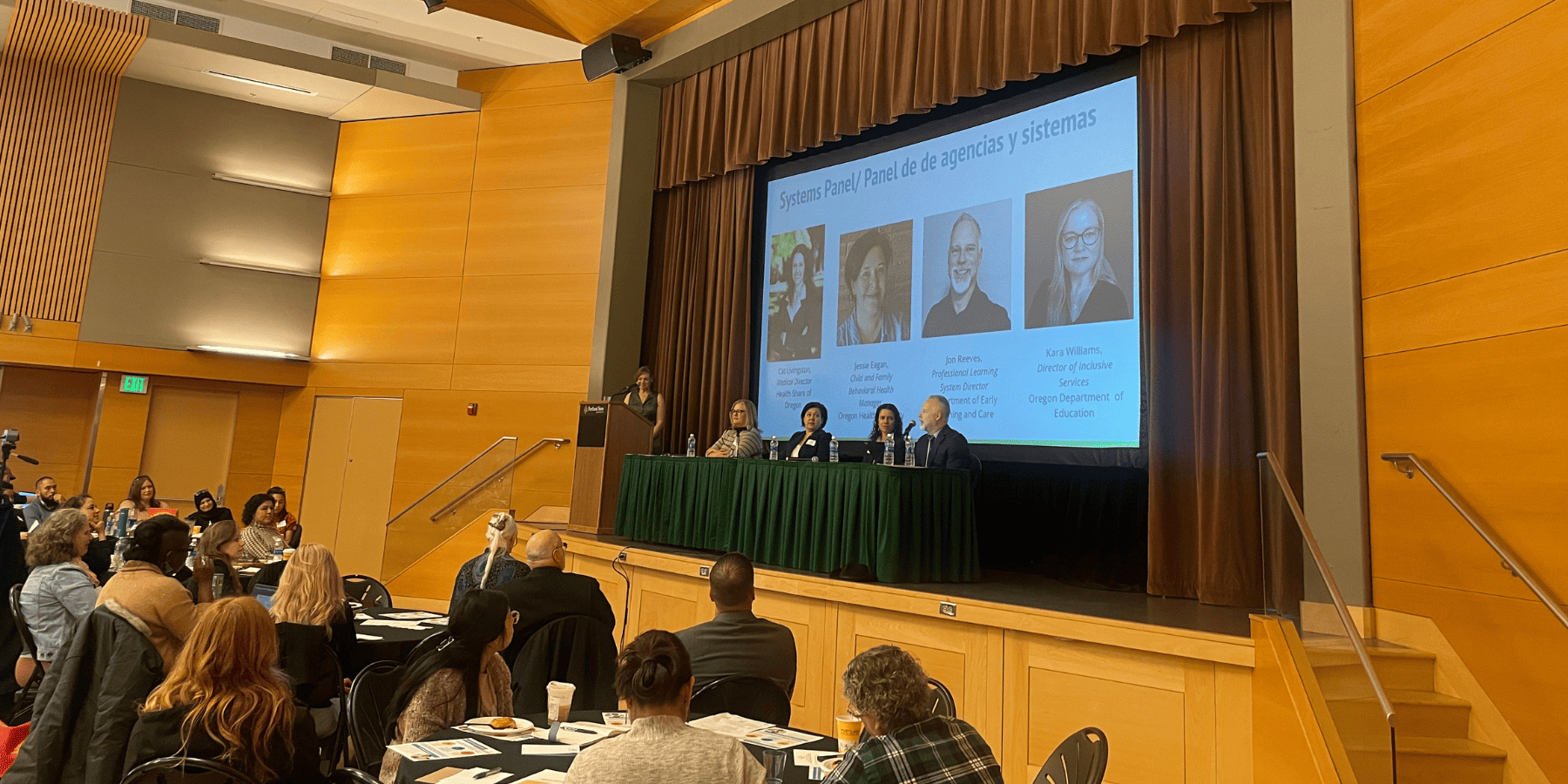
As the second panel closed, panelists delved into the need to expand the early childhood care workforce by offering scholarships, professional development opportunities, and equitable pay for those entering the field. Early care and education specialists are overworked and underpaid, and changing the system for kids will require significant improvements for service providers making this system possible.
As Kara Williams reminded the room, “[Early childhood educators and care providers] may be in the same boat and wanting to row in the same direction, but some of us are missing paddles, or there’s a hole in our boat. It’s one thing to create policy, it’s another to implement it well. And we need adequate funding and training opportunities to do so.”
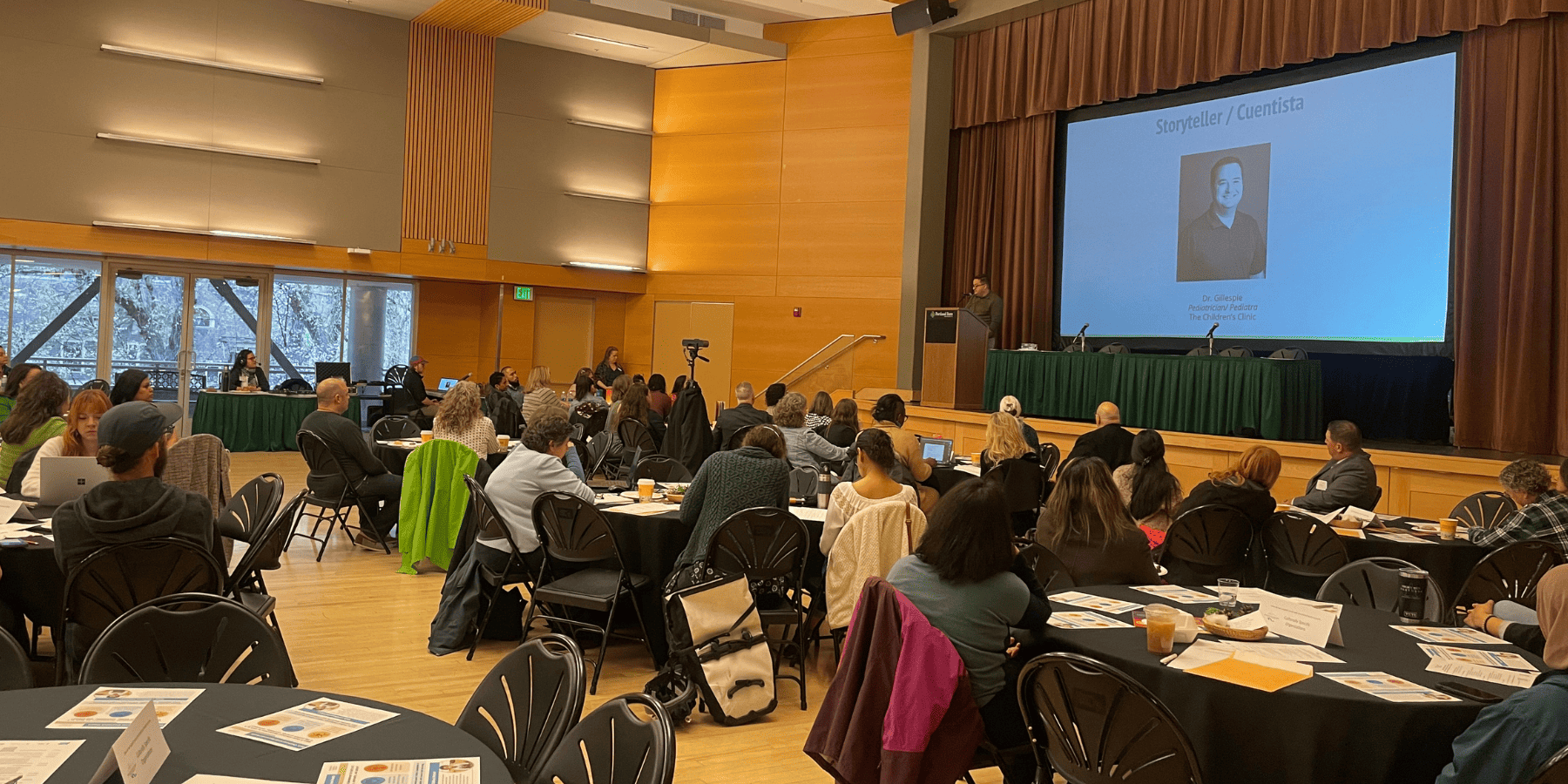
The event transitioned to a period of storytelling featuring Odilon Campos and Suzie Kuerschner, early childhood leaders specializing in trauma-informed and culturally– specific care for children. Each shared accounts of children who overcame significant behavioral and systemic obstacles through collaborative care offerings and strength-based approaches.
“When we’re trying to serve kids, sometimes it’s easy to come up with endless “What-ifs?” of potential problems that could unfold,” admitted Odilon Campos. “But often the best thing for us to do is to jump in head-first and see what the child can do and learn. Our children are strong, they’re fierce. It was our job to provide a safe space for children to try. At the end of the day, we want them to build resiliency skills and to someday become adults who are well-regulated.”
Suzie Kuerschner shared the powerful story of Tutchone, a boy whose difficulties with self-regulation nearly led to final expulsion from his community’s early education center. But thanks to the inclusion of his wider community and practices that resonated with his family’s experiences, his family and a team of educators found a way to support Tutchone where he was and offer outlets he could access when overstimulated. As a result, his behavior adapted quickly, and school became a safe place for him to grow and thrive.
“Mapping the positive is the reciprocity of relationships across cultures. It is our love that brings people together,” Kuerschner shared in closing.
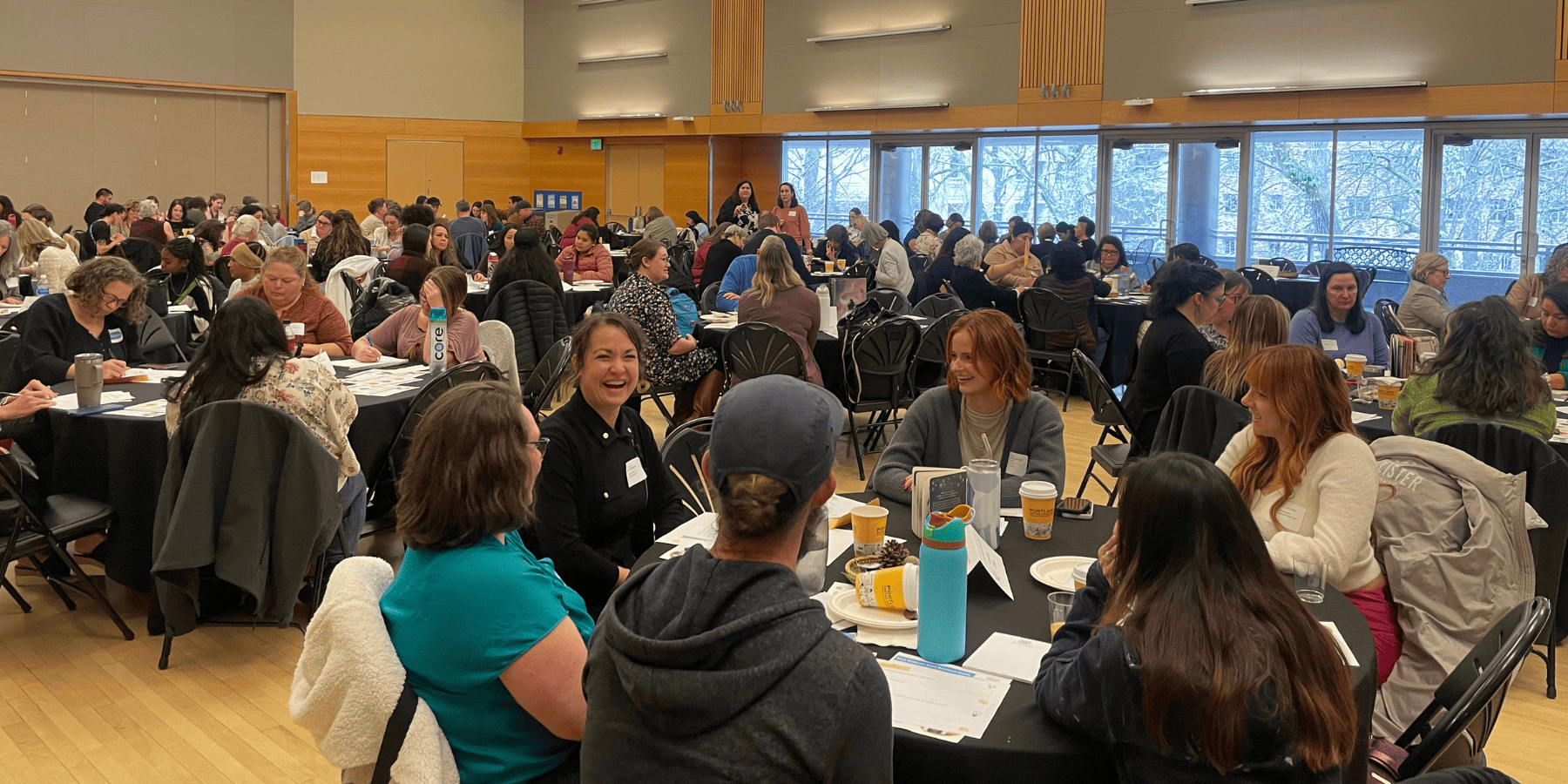
The final part of the event led participants to facilitated groups for reflection on many early childhood subjects, from neurodivergence and medical care to workforce development and home visiting services. The room buzzed with ideas as tables discussed changes in policy, practices to be implemented, and hopes for social and emotional development of children across the state.
As the day closed, participants paused for a moment of gratitude, standing united for children from every corner of the room – and state.
We look forward to the next opportunity to come together, and we want to give a huge thank you to our partners at Trauma Informed Oregon for making this special day possible.
